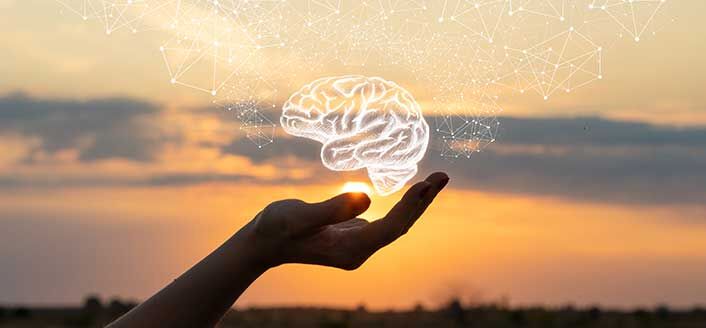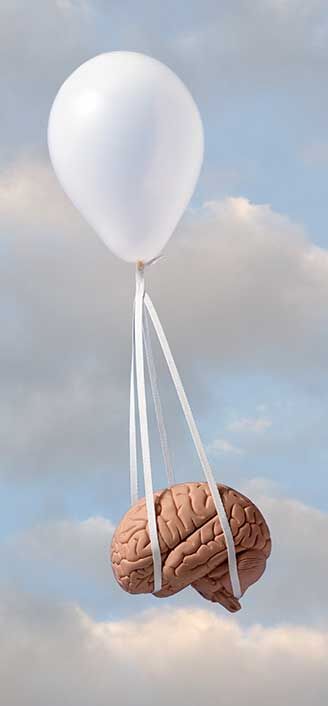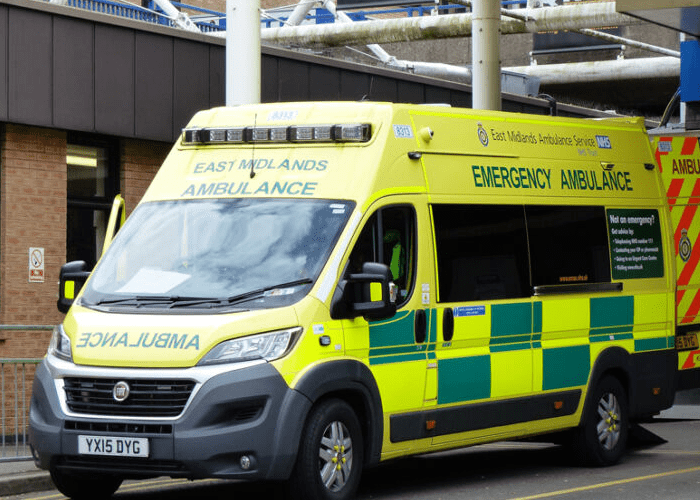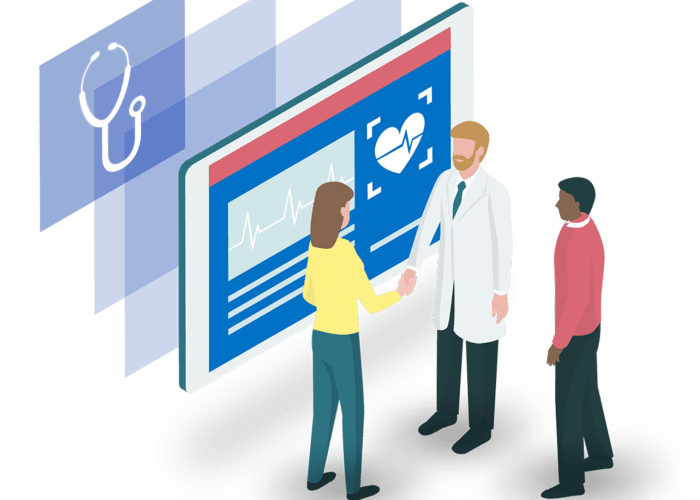Mental health is an important factor when considering the effect that individual health and contentment has on the functionality of communities and societies. According to research from the National Alliance on Mental Health, nearly 44 million adults in the U.S. experience some form of mental health issue annually, where approximately 10 million experience more severe cases of mental illness that often are life inhibiting. These numbers raise a concern about the current state of mental health throughout society, as mental health issues likely are affecting the functionality and well-being of individual lives and communities within the U.S.
With broad progress and innovative advancements occurring in IoT, institutions using IoT for the greater good currently are investigating ways to improve mental health through the healthcare applications of IoT. IoT for mental health has the capacity to minimize stigma and improve treatment, leading to increased employment rates, decreased rates of suicide and trauma, and greater overall life satisfaction.
The following examples demonstrate various IoT technologies that are being used to treat three areas of mental healthwith the hope that they will better the lives of individuals and, in turn, contribute to stronger, mentally healthier communities and societies throughout the world.
- Woebot, the AI Chat App for Depression and Anxiety
Woebot is an AI chatbot that users can interact with via a downloaded app. The app is free, and can be opened anytime. The AI Woebot prompts users to identify their current mood and then creates short descriptions of whats on their mind. By helping users work through their emotions, Woebot allows people suffering from depression, anxiety, or trauma to learn about themselves through intelligent mood tracking over time. Woebot also provides users with lessons and tools that employ Cognitive Behavioral Therapy (CBT) techniquesa branch of psychotherapy that is known to help patients restructure negative thought patterns.
The chat-based emotional and mental coaching that Woebot provides has proven to help people with anxiety and depression get through tougher times of the day, and has shown to reduce symptoms within two weeks. By modeling the service after widespread health and fitness apps, Woebot provides any smartphone user with easy-to-access mental health coaching in a way that alleviates some of the stigma around mental illness.
- Wearable Medical Technology for Epilepsy Management
Embrace and myCareCentric Epilepsy are two technologies that utilize a connected wristband and corresponding app to help people living with epilepsy manage their disorder. When worn, the wristband monitors the users body condition through biological readings on heart rate, skin conductance, and movement. With this data, the wristband can detect the early signs of a seizure, and can expedite the call for assistance when needed, which helps prevent injuries that result from unattended seizures, or a seizure treated too late.
Furthermore, the wristband and app help users keep a record of seizure activity and track patterns in stress-inducing environments that may instigate the onset of a seizure. With self-monitoring capabilities, these technologies give people with epilepsy independence and autonomy in managing their seizures. But some instances do require professional help. When an emergency onset does occur, epileptic individuals can receive the help they need immediately by using early symptom detection and emergency alerting capacities of technologies such as Embrace and myCareCentric Epilepsy.
Connected Deep Brain Stimulation (DBS) Electrodes for Real-Time Monitoring and Treatment of Parkinsons Disease
Parkinsons Disease is caused by nerve cell damage in the brain that leads to drops in dopamine levels, tremors, and loss of mental capabilities. Deep Brain Stimulation (DBS) is a treatment that consists of implanting electrodes into the brain that stimulate damaged nerve cells to make Parkinsons Disease more manageable. With traditional DBS technology, electrode stimulators always are on, providing consistent stimulation day and night. More recent studies, however, have found that brain chemistry changes throughout the day, and people using DBS would greatly benefit from a more sophisticated technology that can adapt to these routine changes in the brain.
Medtronic and Abbott each have developed a DBS device in response to such findings. The electrodes in these newly designed devices provide feedback-controlled brain stimulation, using Bluetooth to help monitor brain activity and program the electrodes in real time. By using a real-time monitoring element that can deliver adaptive stimulation based on the brains current activity in any given moment, these IoT-based DBS electrodes reduce symptoms of Parkinson’s disease and the side effects of tradition DBS treatment.
Aeris: Keeping the Health of Individuals and Communities in Mind
IoT is at the forefront of patient-centered healthcare. By making basic mental health care and coaching affordable, accessible, and less stigmatized, IoT potentially can address the prevalence of mental illness among worldwide citizens, while helping people with more severe cases better monitor their conditions and receive immediate care during emergencies. Furthermore, IoT and AI equip doctors and patients with more extensive record keeping and, from that, they will provide more personalized, effective, and accessible medical care to individuals throughout their lifetimes.
Aeris is committed to supporting applications of IoT that contribute to the greater good of our environment, individuals, and societies. To learn more about Aeris commitment to IoT for Good, Contact Us today.




